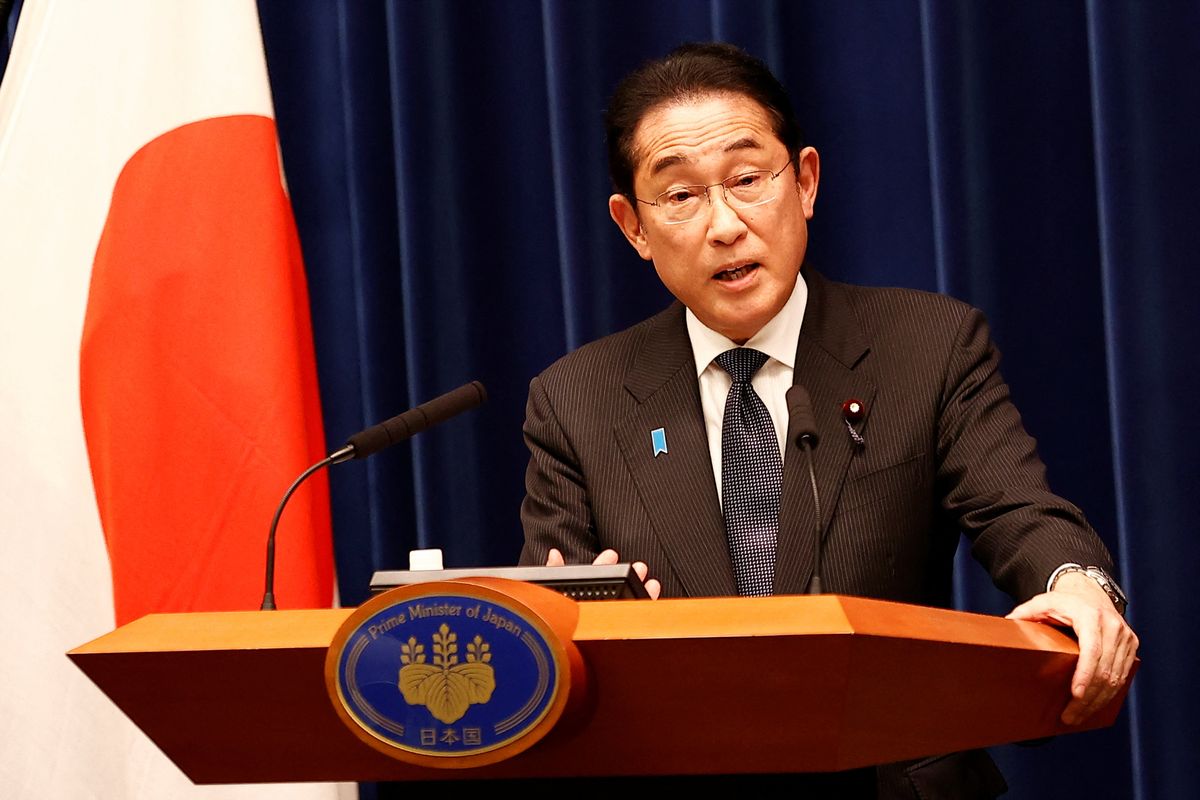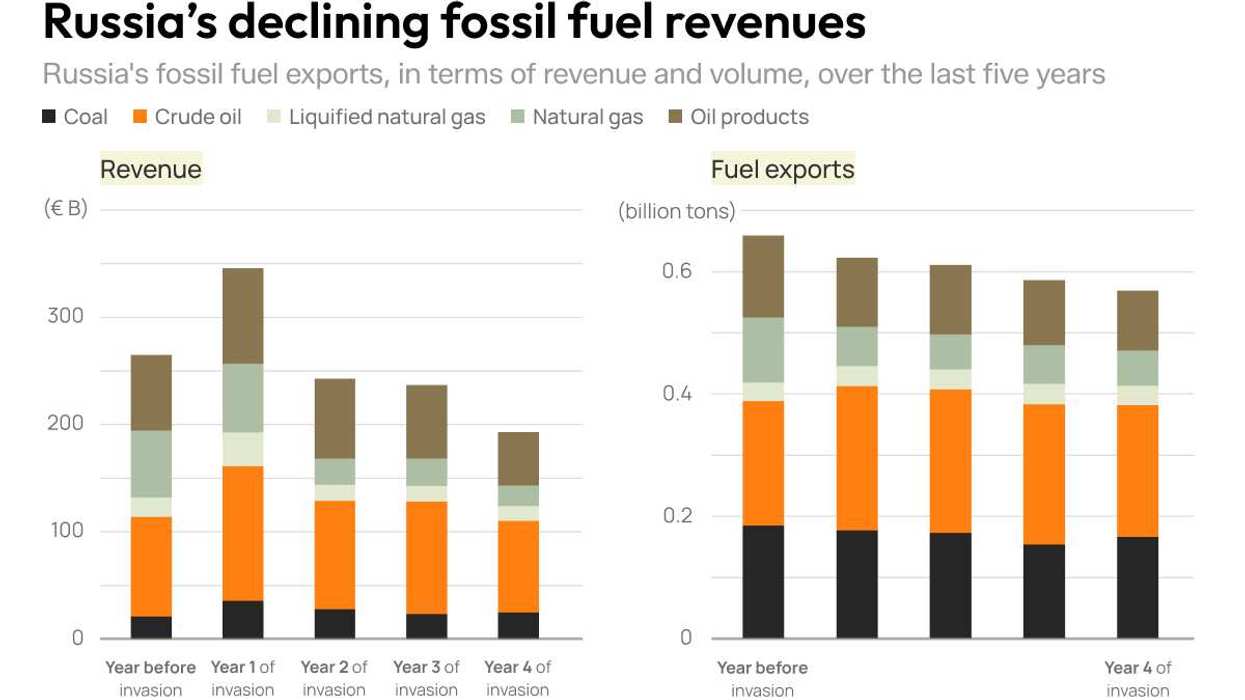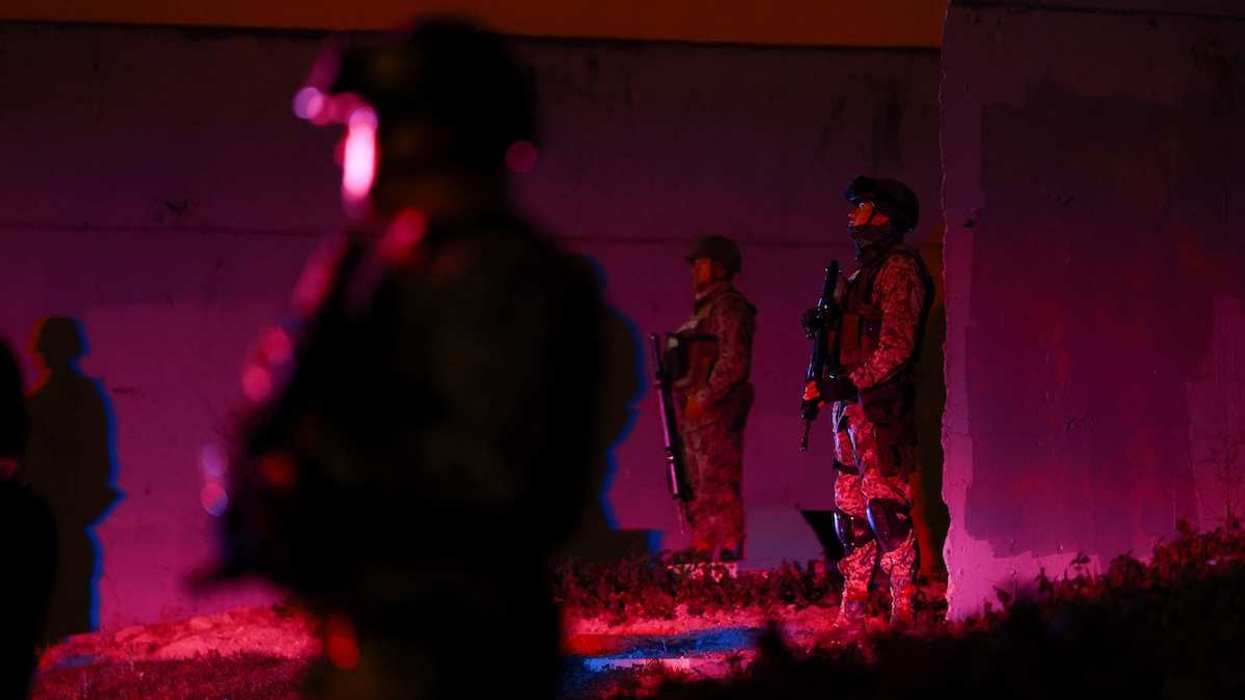Quick recap: Since Kishida took office in October of 2021, he has faced serious questions about his political viability. The period following last year’s assassination of former PM Shinzo Abe, which put a spotlight on the ruling party's ties with the controversial Unification Church, was particularly tough. That combined with high consumer prices had some polls at a sub-30% approval rating, an area known as the “danger zone” for Japanese prime ministers.
But Kishida’s approval ratings have soared in the wake of the G7 summit in Hiroshima in May. Kishida has also improved relations with South Korea and taken a hard line on Russia’s invasion of Ukraine. “He has positioned himself as an international statesman,” says Boling, which in today’s world of heightened geopolitical risk has benefitted Kishida politically.
Even though official elections aren’t due for the lower house until late 2025, winning a snap election would solidify Kishida’s power before the end of his term as president of the Liberal Democratic Party in September 2024. So with his popularity on the rise, Boling thinks that Kishida could decide to “strike while the iron is hot” and capitalize on high public support by calling a snap election this summer.
But there is also a case for Kishida waiting to call the snap elections until later in the year, closer to the LDP presidential elections. “Kishida's real political threats are within his own party, not the opposition parties,” says Boling. By delaying, he increases his chances of retaining the party role because internal opponents will be more reluctant to challenge him.
Opposition lawmakers have threatened to submit a no-confidence vote before the parliamentary session ends on June 21, which could also trigger a snap election. While the opposition party, the Japan Innovation Party, is on the rise, Boling warns that “they need to be careful what they wish for” if they think a snap election would end in their favor. In a by-election in April, the LDP won four of the five seats up for grabs.
Kishida stoked the election rumors at a press conference on Tuesday over his government’s plan to reverse Japan's rapidly declining birth rate through childcare spending and tax incentives. When asked about a snap election, he did not deny that it was a possibility, instead noting that he was monitoring the political climate.


















